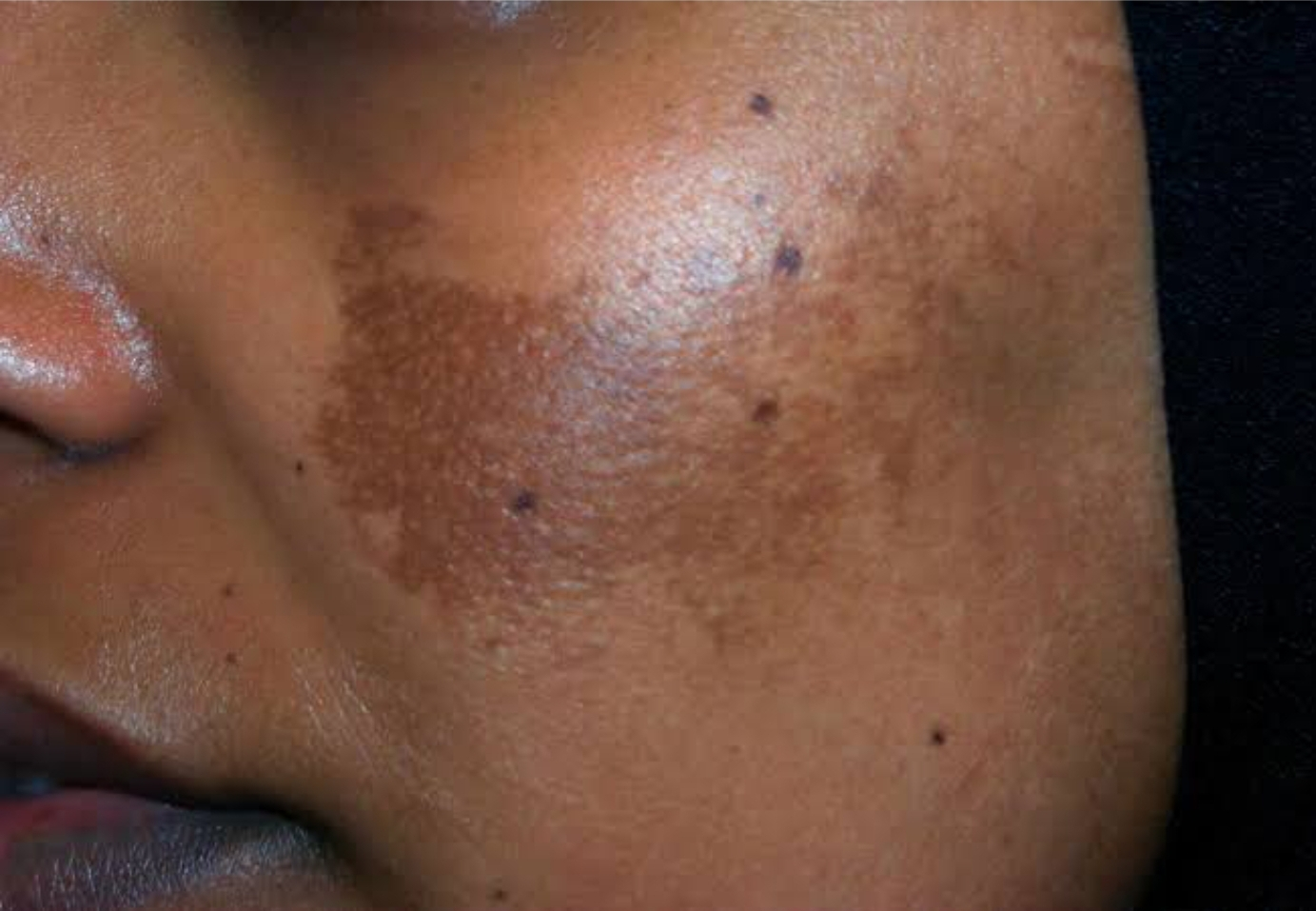
2023-03-23T04:30:38
Melasma: Understanding and Treating the Skin Condition Melasma is a common skin condition that affects many people, especially women. It is characterized by patches of dark, discolored skin that appear on the face, neck, and other parts of the body that are exposed to the sun. While melasma does not cause any physical discomfort, it can be a source of emotional distress and self-consciousness for those who have it. What Causes Melasma? The exact cause of melasma is not fully understood, but it is believed to be related to hormonal changes, genetics, and sun exposure. The condition is most common in women, particularly those who are pregnant, using birth control pills, or undergoing hormone replacement therapy. Sun exposure can also trigger or exacerbate melasma, as ultraviolet (UV) rays can stimulate the production of melanin, the pigment that gives color to our skin. Treating Melasma While there is no cure for melasma, there are several treatments that can help reduce the appearance of the condition. The most common treatments include: Topical Agents: Prescription creams and lotions that contain ingredients such as hydroquinone, retinoids, and corticosteroids can help lighten the skin and reduce the appearance of melasma. These products should be used under the guidance of a dermatologist, as they can have side effects if used improperly. Chemical Peels: A chemical peel involves applying a solution to the skin that causes it to exfoliate and eventually peel off. This can help remove the top layers of skin that contain the dark patches associated with melasma. Laser Therapy: Laser therapy uses light energy to target the melanin in the skin, which can help break up the pigment and reduce the appearance of melasma. This treatment can be effective, but it may require multiple sessions to see results. Preventing Melasma While melasma cannot always be prevented, there are several steps you can take to reduce your risk of developing the condition. These include: Using Sun Protection: Wearing a broad-spectrum sunscreen with an SPF of 30 or higher and avoiding prolonged sun exposure can help protect your skin from the UV rays that can trigger melasma. Avoiding Hormonal Triggers: If you are at risk for melasma due to hormonal changes, talk to your doctor about alternative birth control methods or hormone replacement therapy options. Managing Stress: Stress can exacerbate melasma, so taking steps to manage stress levels can help reduce the risk of developing the condition. If you have melasma or are concerned about developing the condition, speak to a dermatologist at Blush & Bloom Skin Hair & Laser Clinic. Our team can help you understand your risk factors and develop a personalized treatment plan to address your concerns.

